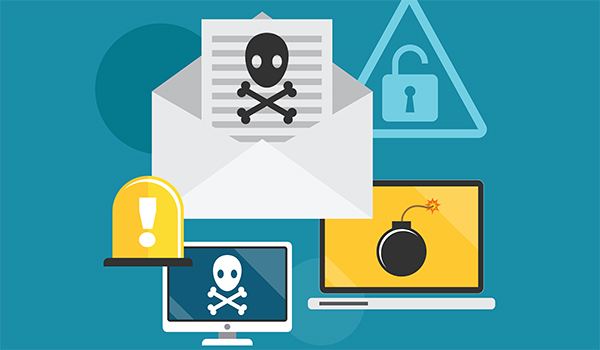
- Use reliable anti-virus software, and set it to update.
- Ensure the system’s personal firewall is active.
- Update patches on operating systems.
- Use complex passwords, and make sure the system does not have default passwords.
- Think carefully about information shared on social networking sites. FBI Special Agent Paul Schaaf offers an example of a post not to make public: the proud announcement, “I’ve just been promoted to bank manager. I’m the only one who has access to the back-up security vault.”
- Beware of pop-ups on anti-virus alerts. “These are usually trying to redirect you to another site,” says Schaaf.
- Avoid chain emails.
- Never send personal information via email — or at least encrypt it — in case the email account gets compromised.
- Think before downloading files and before clicking on a provided link. And pay attention to the URL revealed when the cursor hovers over the link. There might be code to display one site but actually go to another. “Type in the URL rather than use the link,” Schaaf suggests.
- Report suspicious email activity to the company’s IT department.
See also the Technology feature
“Cyber Security or Digital Vulnerability?“













Speak Your Mind
You must be logged in to post a comment.